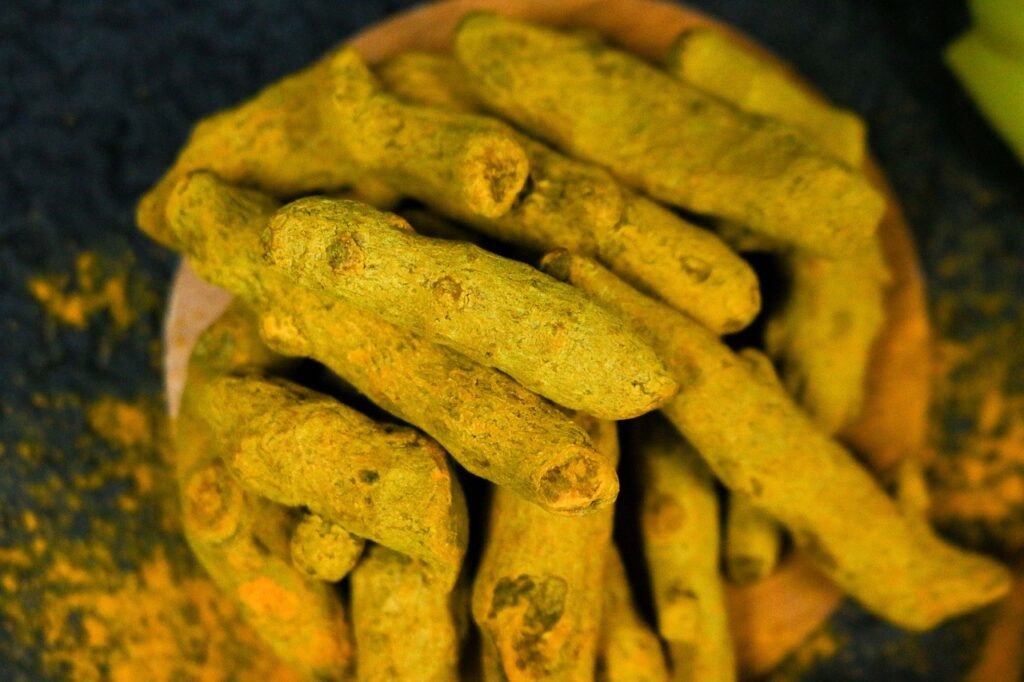Ayurveda is a holistic, natural approach to nutrition in today’s fast-paced world. Ayurveda is an ancient Indian healing system that emphasizes eating according to one’s dosha to maintain balance, prevent disease, and enhance well-being.
We at Yognik.com believe that authentic Ayurvedic principles can transform your life. Explore how Ayurveda classes food, how to eat specific foods for certain health conditions, and ways you can incorporate an Ayurvedic lifestyle into your everyday life.
According to Ayurveda which Diet Is Unhealthy
Not all food is good for the body. Ayurveda classifies some foods as harmful (tamasic) because they upset the body’s natural equilibrium.
Foods that disrupt Dosha balance
Ayurveda is based on the three doshas — Pitta, Kapha, and Vata — which define your mental and physical constitution. Eating foods that do not match your dosha may cause digestive problems, lethargy and long-term health issues.
Processed and Artificial foods
Ama is a toxic buildup that occurs in the body when processed foods, such as packaged snacks and fast food, are consumed. Ayurveda warns against eating such foods, as they can disrupt digestion and metabolism.
The wrong food combinations
Incompatible foods can cause digestive upset. You can, for example:
- Milk + Fish: Creates toxins and upsets the digestive system.
- Honey + hot water – becomes toxic when heated.
- Fruits + dairy – Causes bloating and acidity.
Yognik.com recommends clean, natural and seasonally appropriate foods to maintain good health.
Ayurveda diet for weight loss
A Kapha dosha imbalance can lead to obesity and a sluggish metabolic rate. Ayurvedic diets for weight loss focus on spicy, light and warm foods to balance Kapha.
Understanding Kapha Dosha Weight Gain
A Kapha imbalance can lead to excessive fat accumulation, water retention and slow digestion. In order to counteract this imbalance, you should consume dry, warm, and light foods. Avoid heavy, oily and cold foods.
Best food for Ayurvedic weight loss
- Spices such as ginger, turmeric, black powder, and cinnamon can help digestion.
- Fruits like apples, pears and pomegranates can help you detoxify your body.
- Vegetables: Bitter, astringent vegetables like spinach and Kale can reduce Kapha.

Daily Routine for Weight Management
Start the day with warm lemon water.
- When digestion is at its strongest, eat your largest meal around noon.
- Avoid eating after sunset in order to maintain digestion fire (Agni).
Yognik.com offers customized Ayurvedic programs for weight loss.
Ayurvedic Diet for Diabetes
A Pitta-Kapha imbalance leads to diabetes, which is a result of poor insulin function. Ayurveda recommends a diet high in bitter, astringent and light foods.
How Ayurveda manages blood sugar naturally
- Regulating Agni (Digestive Fire) for proper metabolism.
- Herbal Support with Fenugreek, Neem, and Turmeric.
- Fasting and detoxification to remove toxins.
What to Eat and Avoid for Diabetics
- Include whole grains (barley and millet), bitter veggies (bitter gourd) and legumes.
- Avoid sugar, refined flour, dairy products, and cold beverages.
Yognik.com offers natural Ayurvedic remedies for diabetes management.
Ayurveda Diet for Pregnancy
Ayurveda gives great emphasis to the nourishment of mother and child during pregnancy. A healthy diet is essential for fetal development and postpartum recovery.
Ideal Ayurvedic foods for pregnancy
- Sattvic Diet (Pure). Includes dairy, fresh fruits and whole grains.
- Healthy Fats: Ghee, coconut oil and fetal brain growth.
- Iron-rich foods: Leafy greens, jaggery and other iron-rich foods can help prevent anemia.
Want a customized pregnancy diet plan? Visit Yognik.com for expert guidance.
Ayurveda Indian Diet
The Indian diet follows Ayurvedic principles and is based on seasonal and regional eating habits.
Traditional Ayurvedic Indian Foods
- Kitchari is a detoxifying dish made of lentils and rice.
- Buttermilk is a probiotic drink that aids digestion.
- Herbal Teas: Tulsi tea, ginger and Fennel for immunity.
What is an Ayurvedic diet in India
Avoid late-night snacks and eat organic and fresh meals.
Yognik.com offers a customized Ayurveda diet plan for Indians.
Ayurvedic Diet for High Cholesterol
Ama (toxins) and a weak digestive fire can cause a cholesterol imbalance. Ayurveda recommends warming, fiber-rich and detoxifying food to clean the arteries.
Balancing Cholesterol With Ayurveda
- Triphala and Amla are natural cholesterol cleaners.
- Garlic and ginger – improve heart health.
- High-Fiber foods – Whole grains, lentils and whole grains lower LDL levels.

Best Foods to Reduce Cholesterol Naturally
- Drink coriander water in the morning to flush out toxins.
- Flaxseeds, almonds and other foods rich in omega-3 are good for the heart.
Yognik.com offers an Ayurvedic plan for heart health.
conclusion
Ayurveda is not just about food; it is a way of life that follows the rhythms of nature. You can improve your health and prolong life by choosing foods that are right for you. Yognik.com can help you begin your Ayurvedic path today.
FAQs
1. What is the best Ayurveda Diet for Beginners?
Avoid processed foods and start with home-cooked meals.
2. Can Ayurveda improve gut health?
Yes! Ayurveda emphasizes Agni, the digestive fire and recommends spices such as cumin and Fennel to promote gut health.
3. What is the Ayurvedic classification of food?
Ayurveda divides foods into sattvic, rajasic and tamasic.
4. Does Ayurvedic food include dairy?
You can, but only in moderation. Prefer A2 milk from cows and homemade ghee.
5. What can I do today to start an Ayurvedic Diet?
Yognik.com offers Ayurvedic food plans and expert advice.




